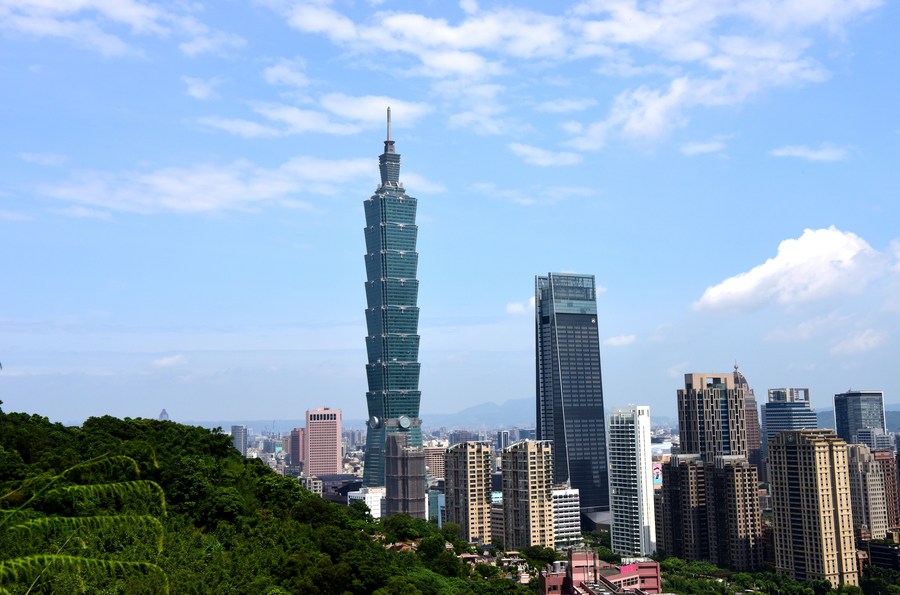Japan food imports will backfire on DPP


The Taiwan authorities lifted the 11-year-ban on imports of food from five Japanese prefectures on Tuesday, despite fierce opposition from residents. The ban had come in place following the meltdown at the Fukushima nuclear plant in 2011.
This is a solid example of how the ruling Democratic Progressive Party is not bothered about Taiwan people's lives and health. They are willing to let people eat food that the whole world has rejected just to please Japan.
Some might argue that the food from Fukushima is now safe, 11 years after an earthquake-triggered tsunami caused the meltdown. But, they must take into account how the Japanese people have themselves rejected food from the affected areas. Even the US Food and Drug Administration has prohibited some Japanese food from entering the United States after Japan decided to dump nuclear waste water from the reactor into the ocean.
It is definitely irresponsible of the DPP to allow contaminated food from threatening the lives of the Taiwan people. By lifting the ban on food from Fukushima, the DPP has also dropped its fa?ade of "environmentalism". In 2016, before Tsai Ingwen assumed power, DPP leaders had vowed to stop food from Fukushima entering the island. After she was sworn in, Tsai even abolished plans for a nuclear power station, leading to power shortage on the island. The party had then cited "environmental concerns" and people's health for these decisions.
However, the DPP has now lifted the ban on food from Fukushima. A year ago it lifted the ban on US pork containing the leanness-enhancing feed additive ractopamine.
Behind the lifting of these bans is the DPP's intention of pleasing some Japanese and US politicians in order to buy their support for arresting the island's irreversible national reunification process. It is clear that the DPP is willing to gamble with people's health for politics. But such foolish acts will only backfire and accelerate the process of the residents on the island abolishing the party.
































